Mar 03
Black Power Revisited
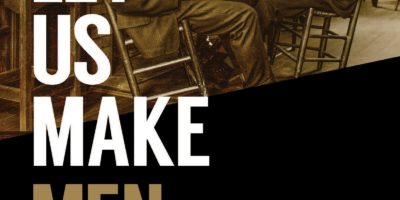
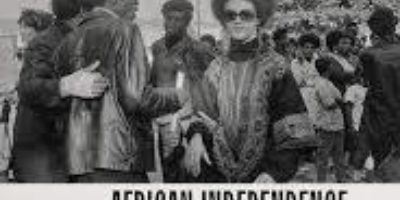

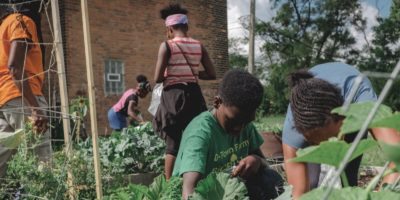
Description
This conversation takes up a host of new and exciting books on Black Power by Robin Hayes, Edward Onaci, D'Weston Haywood, and Monica White. Speakers will center rural organizing by Black farmers; analyze the reparations strategies of the Republic of New Afrika; widen the lens to consider the impact of international alliances across the African diaspora on domestic radicalism; and explore the role of the Black press in defining a freedom agenda for Black Americans.
Speakers
-
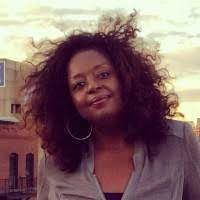
Robin Hayes
Author and Filmaker
Dr. Robin J. Hayes is an award-winning filmmaker who directed the documentary Black and Cuba. A Yale alumnus who studied at NYU’s Tisch School of the Arts, she produced the Off-Off Broadway play 9 GRAMS, which was directed by Emmy/Obie winner S. Epatha Merkerson. The Ford Foundation and National Endowment for the Humanities funded Hayes’ work. Her book, Love for Liberation: African Independence, Black Power, and a Diaspora Underground, was released in 2021. Hayes is currently developing several projects including the Screencraft Film Fund semi-finalist, Inside Exile, about iconic Black Panther Party leader Kathleen Neal Cleaver.
-
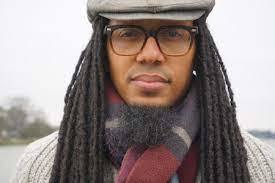
D'Weston Haywood
Hunter College, CUNY
D’Weston Haywood is an historian of 20th century American history with research and teaching interests in Black protest and protest thought, Black masculinity, Black Power, and intersections of Black culture, Black politics, and Black public spheres. His first book, Let Us Make Men: The Twentieth-Century Black Press and a Manly Vision for Racial Advancement, reinterprets the Black press as a tool of Black men’s leadership, public vocalization, gender and identity formation, and space for the construction of ideas of ‘proper’ Black masculinity that shaped the 20th century Black freedom struggle to wage a fight for racial justice and black manhood. Moving from the rise of the modern Black press at the dawn of the 20th Century to the emergence of Black Power, the book reveals the crucial but complicated role Black male newspaper publishers played in presenting certain pivotal moments in the Black freedom struggle as opportunities for Black men to stand up and be ‘men.’
Haywood’s work also includes forays into an innovative scholarly and pedagogical praxis he calls “Sonic Scholarship.” This strategy works to generate new ways to analyze history, test Hip Hop as an analytical framework and scholarly methodology, and bridge academic and popular discourses. His first project in this regard, “The [Ferguson] Files: A Sonic Study of Racial Violence in America,” is a musical compilation of poetry, rap, and research that examines episodes of racial violence involving police killings of unarmed Black people that took place between 2014 and 2015.
-
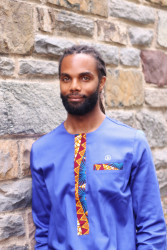
Edward Onaci
Ursinus College
Edward Onaci teaches courses on African American history, modern US history, women’s global political struggles, social movements and music in Africa and its diaspora, and more. They incorporate interdisciplinary scholarship and emphasize student empowerment. Dr. Onaci’s instruction also makes use of creative resources and high impact tools, such as Reacting to the Past and Digital Liberal Arts projects. His approach encourages students to take ownership over their personal and group studies, produce their own knowledge, and apply what they learn in class to their current lives and future ambitions. His book, Free the Land: The Republic of New Afrika and the Pursuit of a Black Nation-State, was released in 2020.
-
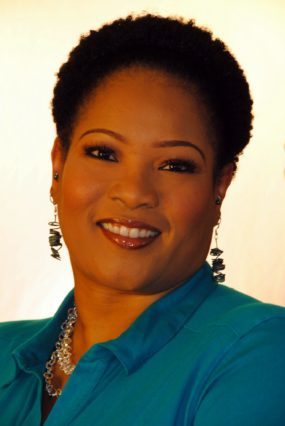
Monica White
University of Wisconsin
Dr. Monica M. White teaches courses in environmental justice, urban agriculture, and community food systems at the University of Wisconsin-Madison. She is the first African American woman to earn tenure in both the College of Agricultural Life Sciences and the Gaylord Nelson Institute for Environmental Studies. Her research investigates Black, Latinx, and Indigenous grassroots organizations engaged in the development of sustainable, community food systems as a strategy to respond to issues of hunger and food inaccessibility. She has presented widely on these subjects, from University of Western Cape in South Africa to the University of California, Berkeley, to the Detroit Public Library. She is the author of Freedom Farmers: Agricultural Resistance and the Black Freedom Movement.